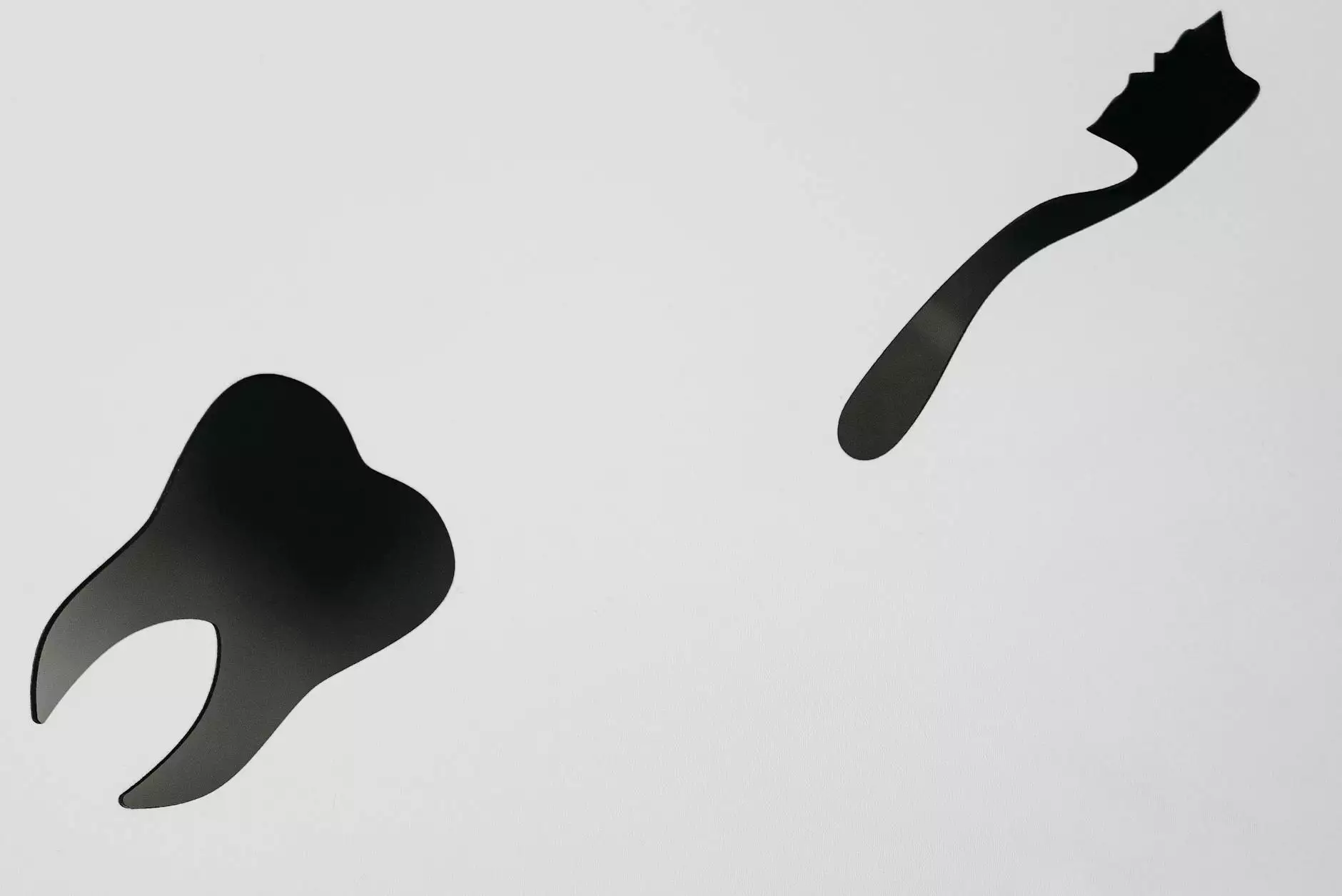The Importance of a Lung CT Scan in Modern Healthcare

In today's healthcare landscape, lung CT scans have emerged as a pivotal diagnostic tool, vital for identifying and monitoring various pulmonary conditions. As we navigate through an era of advanced medical technologies, understanding the significance, procedures, and implications of lung CT scans becomes crucial for both patients and healthcare providers.
Understanding Lung CT Scans
A lung CT scan (computed tomography scan) is a specialized imaging technique that provides detailed cross-sectional images of the lungs. This method utilizes X-rays and advanced computer algorithms to create high-resolution images, allowing healthcare professionals to view the lungs in greater detail than standard X-ray imaging.
When is a Lung CT Scan Recommended?
Healthcare providers might recommend a lung CT scan to diagnose various conditions, including:
- Detecting Lung Cancer: CT scans are instrumental in identifying masses or nodules that may be cancerous.
- Assessing Pulmonary Disorders: Conditions such as pulmonary embolism, pneumonia, and interstitial lung disease can be effectively evaluated through CT imaging.
- Monitoring Chronic Conditions: For patients with chronic obstructive pulmonary disease (COPD) or asthma, lung CT scans help monitor disease progression and treatment efficacy.
- EVALUATING INFECTIONS: CT scans can assist in identifying the extent of infections in the lungs.
Benefits of Lung CT Scans
The benefits of lung CT scans extend beyond basic imaging, offering a multitude of advantages:
- High Resolution: CT scans provide superior imaging quality, enabling healthcare providers to make accurate diagnoses.
- Early Detection: Lung CT scans can detect abnormalities at earlier stages compared to other imaging methods, improving patient outcomes.
- Non-Invasive: A lung CT scan is a non-invasive procedure, making it a safer option than exploratory surgery.
- Quick Procedure: The scan itself typically takes only a few minutes, making it a convenient option for patients.
The Procedure of a Lung CT Scan
Understanding the procedure of a lung CT scan can alleviate anxiety for patients. Here’s what you can expect during the process:
- Preparation: Patients may be asked to avoid eating or drinking for a few hours prior to the scan.
- Positioning: Upon arrival, patients will be positioned on a movable examination table, which slides into the CT scanner.
- Scans and Breathing Instructions: Patients may be asked to hold their breath at various times during the scan to ensure clear images.
- Contrast Material: In some cases, a contrast dye may be injected to enhance visibility of certain structures; however, this is not always necessary.
- Post-Scan: After the scan, patients can usually resume normal activities immediately.
Potential Risks and Considerations
While lung CT scans are generally safe, it is essential to consider potential risks:
- Radiation Exposure: CT scans expose patients to higher levels of radiation than regular X-rays; however, the benefits often outweigh this risk.
- Allergic Reactions: Some patients may experience allergic reactions to the contrast material, although this is rare.
- Pregnancy: Pregnant women should inform their healthcare provider, as radiation can affect the developing fetus.
Interpreting Lung CT Scan Results
The interpretation of lung CT scan results is a critical process. Radiologists analyze the images and look for abnormalities such as:
- Nodules or Masses: These may indicate cancer or other conditions.
- Infections: Pneumonia or other infections can appear as areas of increased density.
- Interstitial Lung Disease Signs: Patterns associated with diseases like pulmonary fibrosis may be noted.
After analysis, results are discussed with the patient by their healthcare provider, who can recommend further tests or treatment options based on findings.
Lung CT Scans in Disease Screening
Screening for lung cancer is one of the most profound applications of lung CT scans. The National Lung Screening Trial (NLST) established that low-dose CT scans are more effective than traditional X-rays in reducing lung cancer mortality. Patients at high risk, such as long-term smokers, are particularly encouraged to undergo annual lung CT screenings. This proactive approach can lead to:
- Early Diagnosis: Lifesaving interventions can be initiated sooner with early detection.
- Reduced Treatment Costs: Treating cancer at an early stage is usually less complex and costly.
- Improved Survival Rates: Early-stage lung cancer has a significantly higher survival rate.
Advancements in Lung CT Scans
As technology evolves, so do the methods and effectiveness of lung CT scans. Recent advancements include:
- Low-Dose CT Technology: Reduces radiation exposure without compromising image quality.
- AI-assisted Imaging: Artificial intelligence is being integrated to assist radiologists in identifying potential abnormalities more accurately.
- 3D Reconstruction: Enhances visualization of lung structures, aiding in better diagnosis and treatment planning.
The Role of Lung CT Scans in Healthcare Facilities
Lung CT scans play a significant role in multidisciplinary healthcare settings. They are essential not only for radiologists but also for pulmonologists, oncologists, and even primary care physicians. Collaboration among these specialists ensures:
- Comprehensive Patient Care: Integrated care planning based on imaging results.
- Informed Decision-Making: Use of detailed imaging to guide treatment strategies.
The use of lung CT scans streamlines the diagnostic pathway and helps create targeted treatment plans, significantly improving patient outcomes.
Conclusion
In summary, the lung CT scan is an invaluable asset in modern medicine, enhancing diagnostic accuracy and enabling early intervention for various pulmonary conditions. As technology continues to advance, these scans will play an even more critical role in the proactive management of lung health.
For individuals seeking quality healthcare services related to lung health and other medical issues, visiting a reputable facility such as hellophysio.sg can provide access to these advanced diagnostic tools, along with comprehensive care in Health & Medical, Sports Medicine, and Physical Therapy. Empowering patients with knowledge about their health is essential in today’s medical environment, and understanding the role of lung CT scans is a vital step in advocating for one's own health.









